
The Bush administration has launched a preliminary inquiry that could land Venezuela on the U.S. list of nations that support terrorism because of its alleged close links to Colombian rebels, a senior government official has confirmed.
The inquiry, by government lawyers, is the first step in a process that could see Venezuela join North Korea, Cuba, Sudan, Syria and Iran as countries designated by the State Department as supporters of terrorism.
U.S. laws permit some leeway on the scope of sanctions, but experts say that adding Venezuela to the list could force U.S. and even foreign firms to sever or curtail links with one of the world's leading oil producers and the owner of Citgo Petroleum.
The inquiry comes after Colombia seized four computers belonging to a guerrilla leader in a March 1 raid into Ecuador. The documents suggest Venezuela, among other things, promised $300 million to the Revolutionary Armed Forces of Colombia, or FARC.
The U.S. and Colombian governments and the European Union have officially designated the FARC as a terrorist organization, but Venezuelan President Hugo Chávez has said publicly that he considers it a legitimate insurgency.
A senior U.S. official, who spoke on condition of anonymity because of the delicate nature of the subject, said government lawyers had been asked to clarify ''what goes into effect in terms of prohibitions, or prohibited activities'' when a country is put on the U.S. list.
The official was reluctant to predict if the FARC computer discoveries will lead to sanctions, noting that U.S. investigators must first corroborate their veracity. The lawyers have not yet returned their opinions.
But if the seized documents are shown to be true, the official added, ``I think it will beg the question of whether or not Venezuela, given Chávez's interactions with the FARC, has . . . crossed the threshold of state sponsor of terror.''
Venezuela already is subject to a U.S. weapons sales ban and other sanctions as a country that refuses to cooperate on terrorism matters -- though does not necessarily sponsor them. Bush administration officials also complain that Venezuela refuses to cooperate on drug-trafficking issues.
But declaring Venezuela a state sponsor of terrorism would push the sanctions to a much higher degree.
Such a designation ''immediately imposes restrictions on the abilities of U.S. companies to work in Venezuela,'' said James Lewis, a former State Department arms-trafficking expert now with the Center for Strategic and International Studies in Washington. ``It would make it very hard for Venezuela to sell oil to the U.S.''
The State Department's website cites four categories of sanctions for countries on the list, including restrictions on U.S. aid, a ban on weapons sales, tightened export controls over U.S. items that have dual military and civilian purposes, and ``miscellaneous financial and other restrictions.''
Lewis said the last category is ''the killer.'' Those sanctions, often implemented by the Treasury Department's Office of Asset Control, or OFAC, prohibit U.S. companies and banks from dealing with countries on the list. Even non-U.S. companies are reluctant to do business with countries on the list for fear of running afoul of U.S. sanctions, he added.
The designation could reach far beyond the oil fields. Boeing, for instance, would need to be careful in its dealings with Venezuelan airlines, Lewis said. Assets belonging to specially designated entities linked to the country could see their financial assets in U.S. banks frozen.
But Lewis and other U.S. officials cautioned that the harsh sanctions against a country like Iran, which was declared a state sponsor in 1984, would not necessarily be replicated on Venezuela.
''There's not a standard template'' for sanctions, said OFAC spokesman John Rankin.
But even a relatively gentle menu of sanctions would have strong economic and foreign policy implications, given Venezuela's position as the fourth-largest supplier of petroleum to the United States. The government-owned PDVSA oil company also owns Citgo Petroleum, which has several U.S. refineries.
The ban on dual-use items could affect some deep-sea drilling equipment, said Bill Reinsch, president of the National Foreign Trade Council, a business group that usually opposes unilateral U.S. sanctions.
And any financial transaction with Venezuela would require a license from the Treasury Department. The Commerce Department sets up a regimen that is country-specific, with much discretion built into the system, Reinsch said. ''It's kind of a mystery how they get there,'' he said.
Chávez, who often rails against President Bush and U.S. policies, has repeatedly threatened to cut off oil shipments to the United States in response to what he views as possible threats of a U.S. attack against his government.
By Pablo Bachelet
The Miami Herald
http://www.miamiherald.com/news/americas/venezuela/story/451063.htmlNO SE HAN DESPEJADO DUDAS SOBRE APOYO DE VENEZUELA Y ECUADOR A LAS FARC, CUESTIONA EE.UU.
El Departamento de Estado calificó de positiva la solución diplomática a las tensiones entre estos dos países y Colombia alcanzada por el Grupo de Río, el viernes pasado en Santo Domingo.
http://www.eltiempo.com/politica/2008-03-10/ARTICULO-WEB-NOTA_INTERIOR-3996245.html
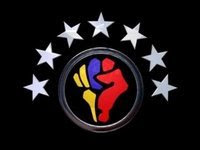



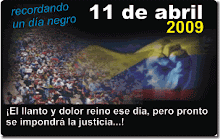



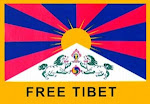
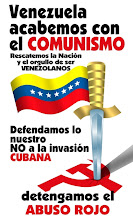






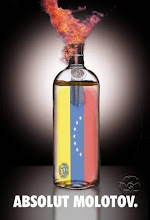
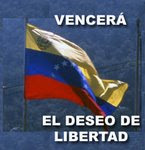
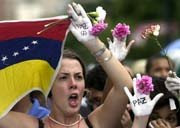
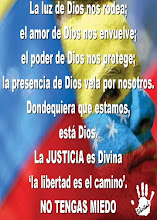
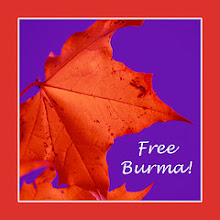

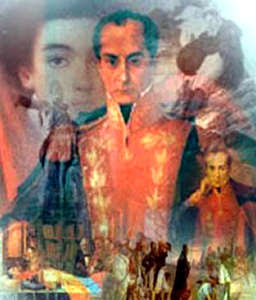
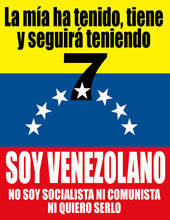
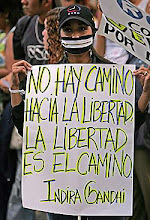




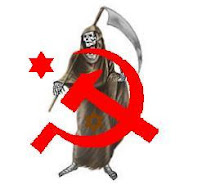
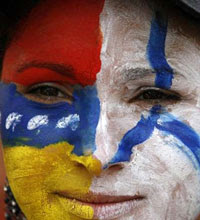
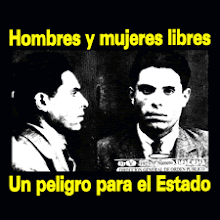
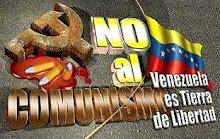
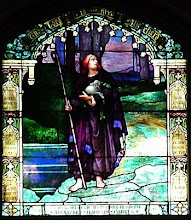
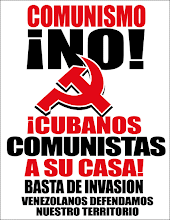


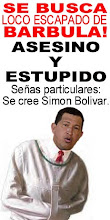
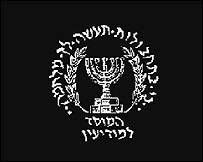
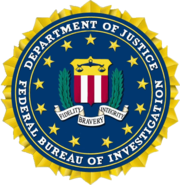
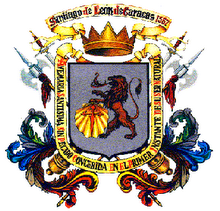


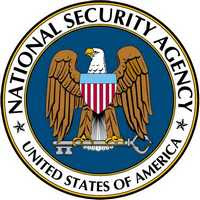


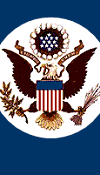
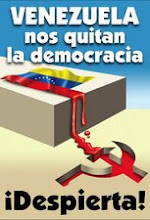



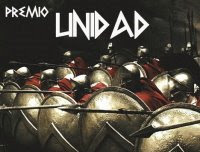

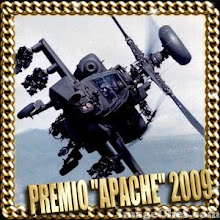
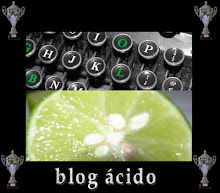
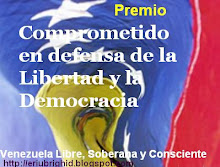
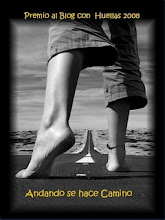
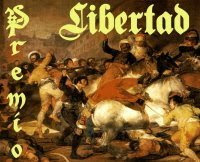



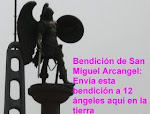

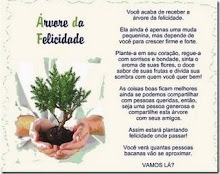
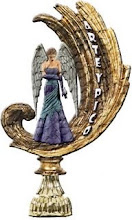












2 comentarios:
Olá amigo,
Montei um blog a poucos dias e gostaria de saber se existe interesse da sua parte em fazer uma parceria de troca de links.
O endereço do blog é http://pentaunico.blogspot.com/
Caso tenha interesse basta entrar em contato para que eu inclua seu site na lista.
Um grande abraço
Leandro
I hope that these actions against Chavez didn't come later. Or that next USA president continues pushing chavez to the abism.
Publicar un comentario